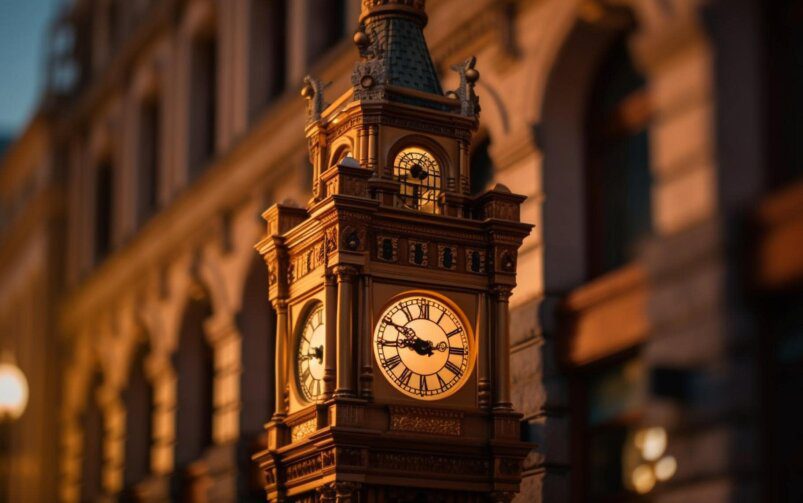
In the recent Court of Appeal decision in Partington v Rossiter [2021] EWCA Civ 1564, the Court found that reference to “UK assets” in a will included the testator’s assets in Jersey.
The decision has come as a surprise, given the dictionary and statutory definitions of the United Kingdom (UK) do not include the Channel Islands, or more specifically, Jersey.
In this case, the testator was domiciled in Russia at the time of his death, where he had lived with his wife. He made a will stating: “I confirm that this will only have effect in relation to my UK assets”. At the date of his death, he was entitled to assets in Jersey as well as the UK.
It is a long-established common-law principle that wills should be interpreted in a way that avoids intestacy and had the reference to UK assets excluded the Jersey assets, the testator would have died partially intestate. The court was also presented with a draft will that disposed of his UK claims but also included specific legacies of his Jersey assets.
Based on these points, the court held that the testator intended the references to UK to include Jersey and, as a result, his Jersey assets were distributed to his children as residuary beneficiaries of the will rather than to his widow under intestacy rules.
What the case means for individuals with multi-jurisdictional assets
This case suggests that it is not always necessary for a person to prepare separate wills covering assets in different jurisdictions. However, the intention of the testator needs to be clear if international assets are to be included in a domestic will. It may not always be possible to interpret a will in the same way the court did in this case if the language is ambiguous and there is no supporting evidence of such intention.
There are two options available to avoid probate disputes and ambiguity:
- Testators who live in the UK and who have assets in other territories can make a single Will covering both their domestic and international assets; or
- Testators can limit their UK Will to dealing with domestic assets only and make a separate will in the country or countries in which their international assets are held
Assets acquired after the preparation of a will
It is possible that an individual may acquire assets after their will has already been prepared. We recommend a review every two years to account for a change in personal circumstances and the acquisition of further assets.

